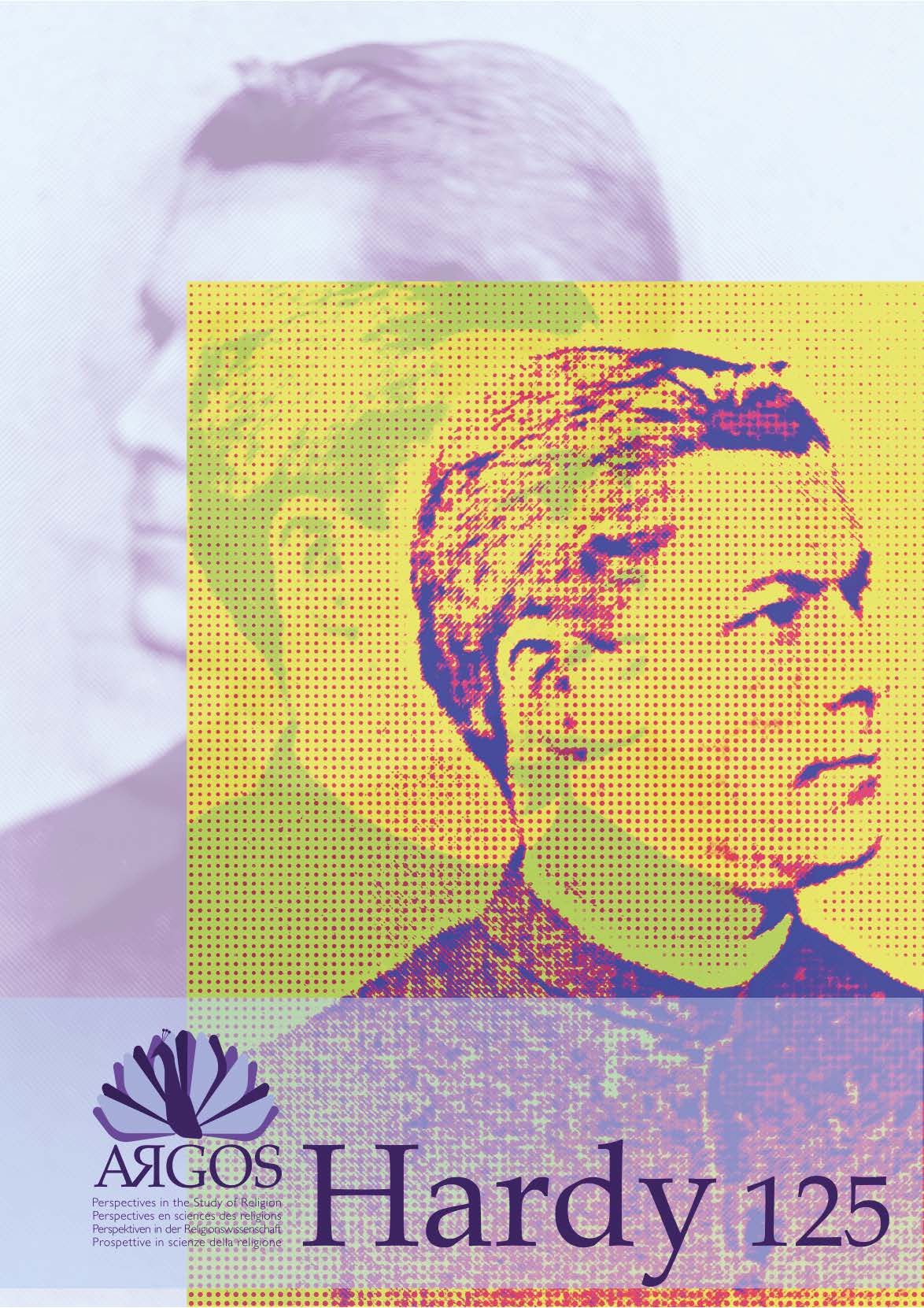Originalbeiträge Übersetzungen Sonderhefte Buchbesprechungen Interviews Foto-Essays
Abstract
Edmund Hardy (1852–1904) was a Catholic priest, Indologist, and religious scholar who lived and worked during the period of the Kulturkampf struggle between the German Chancellor Bismarck and the Catholic church as well as early German colonialism. The lecture he gave under the title “Einleitung in die vergleichende Religionswissenschaft” (“Introduction to Comparative Religion”) at the German University of Freiburg in 1890 and his appointment as professor for “Vergleichende Religionswissenschaft und altindische Literatur” (“Comparative Religion and Ancient Indian Literature”") in 1894 at the Swiss University of Fribourg were key steps in establishing the discipline of Religionswissenschaft (Science of Religion) in the German-speaking world. The essay he wrote in 1898 entitles “Was ist Religionswissenschaft?” (“What is the Science of Religion?”) was perhaps his key statement of the nature of this discipline, which he defines as a strictly empirical Geisteswissenschaft and Kulturwissenschaft (Arts and Humanities). This essay was the first article to appear in the new journal Archiv für Religionswissenschaft, edited by the secondary school teacher Thomas Achelis (1850–1909). Hardy’s approach was methodologically based on historicism and on the early understanding of psychology according to Wilhelm Dilthey and Wilhelm Wundt. However, as similarly befell Joachim Wach’s empirical approach, Hardy’s methodological work was barely noticed during the long reign of the phenomenology of religion. This observation raises fundamental questions of how the history of our discipline has been constructed and, in particular, of what are considered “classics” in the study of religion.

Dieses Werk steht unter der Lizenz Creative Commons Namensnennung - Nicht-kommerziell - Weitergabe unter gleichen Bedingungen 4.0 International.
Copyright (c) 2023 Oliver Krüger, Ulrich Vollmer

